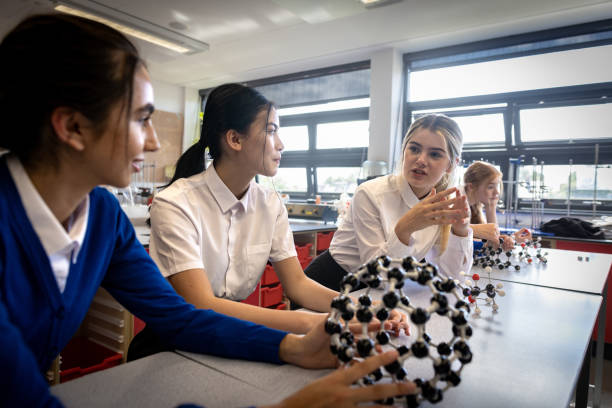Eight Reasons Why Positive Relationships Between Grade 12 Learners Is Important When They Engage On Assessment Tasks.
Need Help?
[quform id="1" name="Schools Form"]Starting Grade 12 is exciting and a bit scary. This year is filled with big tests and projects that decide what comes next after school. But there’s a secret to doing well: good friendships among students. These aren’t just for fun; they’re super important for doing well in school, feeling good, and growing as a person. When students support each other, they can tackle any school challenge better and make the last year of school a great one. Now, let’s look at eight big reasons why having good friends in Grade 12 makes a huge difference, especially when it’s time to work on those big school projects and tests.
Table of Contents
Eight Reasons Why Positive Relationships Between Grade 12 Learners Is Important When They Engage On Assessment Tasks
Positive relationships among Grade 12 learners play a crucial role in their academic success, especially during assessment tasks. Here’s why these relationships are so important:
1. Enhanced Collaboration
Collaboration is significantly improved when learners have positive relationships. They’re more likely to share resources, knowledge, and skills, leading to higher-quality work. Collaborative environments encourage students to pool their strengths, which can be particularly beneficial in tackling complex assessment tasks.
2. Increased Motivation
Positive peer interactions can boost motivation. When students support and encourage each other, they’re more likely to take on challenges and persist through difficult tasks. This mutual encouragement helps maintain high motivation levels, especially during stressful assessment periods.
3. Improved Communication
Effective communication is key to successful group assessments. Positive relationships foster an environment where students feel comfortable expressing ideas, asking questions, and voicing concerns. This open communication leads to clearer understanding and better outcomes on tasks.
4. Emotional Support
Assessment tasks can be stressful, making emotional support from peers invaluable. Students who share positive relationships provide each other with encouragement and reassurance, helping to reduce stress and anxiety. This support can improve overall well-being and focus.
5. Diverse Perspectives
Positive relationships encourage the sharing of diverse perspectives. Each student brings unique ideas and viewpoints to the table, enriching the learning experience and contributing to more comprehensive and well-rounded assessment responses.
6. Conflict Resolution
In any group work, conflicts may arise. Positive relationships equip students with better conflict resolution skills, enabling them to navigate disagreements constructively. This is crucial for maintaining group cohesion and ensuring steady progress on assessment tasks.
7. Increased Accountability
When students have positive relationships, they tend to hold each other accountable for their contributions to group tasks. This sense of responsibility ensures that each member fulfills their part, leading to higher quality work and timely completion of assessments.
8. Personal Development
Lastly, engaging in positive relationships contributes to personal development. Through collaboration and interaction, students develop essential life skills such as empathy, teamwork, and leadership. These skills are not only beneficial for academic assessments but are invaluable for future endeavors beyond school.
Fostering positive relationships among Grade 12 learners is fundamental for their success in assessment tasks. These relationships create a supportive, collaborative, and enriching environment that enhances academic performance and personal growth.
Did You See These?
- 15 Differences Between Effective Communication And Ineffective Communication
- Recommend Strategies To Be Considered By Young Entrepreneurs To Run Their Businesses Successfully In South Africa
- Defining The Concept Initiating Positive Relationships For Collaboration In School Work
- Evaluating How Reliance On The Government For Your Business May Impact It
- Critical Discussion The Value Of Not Giving Up, As An Entrepreneur, For The Sustenance Of Business
- 12 Ways On How Understanding The South African Economy Could Be Beneficial For A Young Entrepreneur
- The 15 Personal Benefits Of Entrepreneurship In South Africa
- 8 Ways On How Entrepreneurs Could Identify Niche Markets In The South African Economy, In Order To Successfully Run Their Businesses

